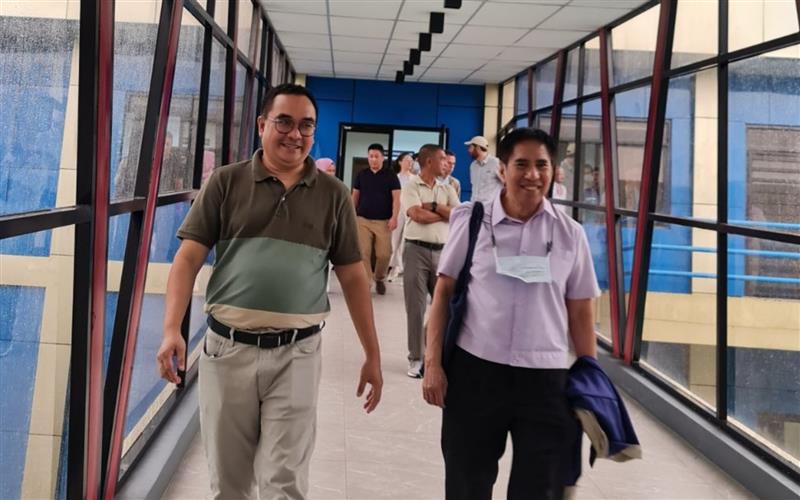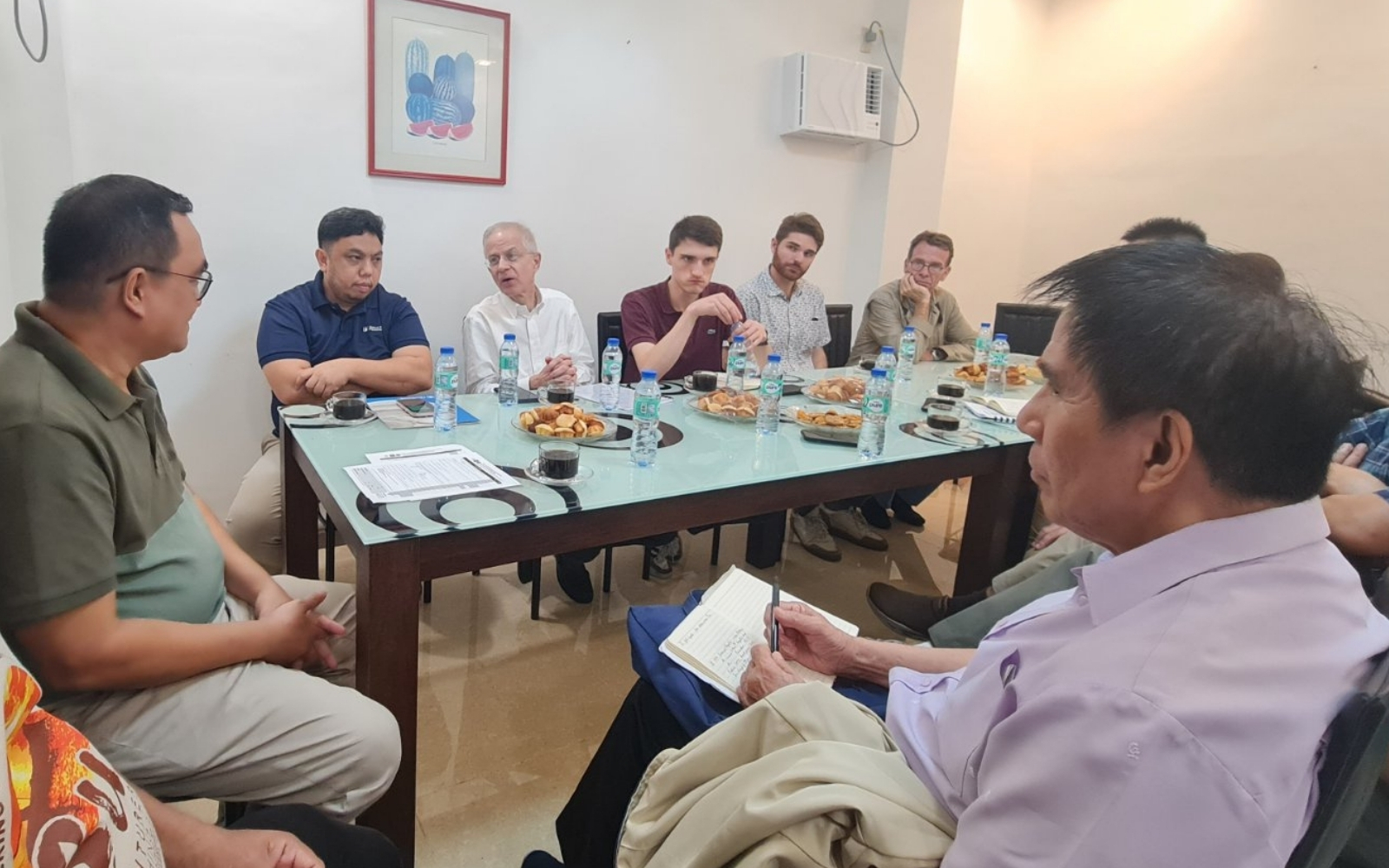Zuellig Family Foundation and Sulu Integrated Provincial Health Office Discuss Health System Strengthening
Stories | by Krizzia Esperanza

The Zuellig Family Foundation (ZFF) Board of Trustees met with the Sulu Integrated Provincial Health Office (IPHO) to discuss pressing health system challenges and opportunities for collaboration. Dr. Nhamier Jikiri, IPHO officer-in-charge, and Dr. Reynaldo Pescadera, Medical Officer, led the discussions, highlighting key health issues in the province and ongoing efforts to improve services at the Sulu Provincial Hospital and Rural Health Units (RHUs).
2025 will be a transitional year for IPHO as it is set to be transferred from the Bangsamoro Autonomous Region in Muslim Mindanao (BARMM) to the Provincial Government of Sulu. While the transition is mandated for full implementation by 2026, there is a strong desire among local health leaders to remain under BARMM due to the Ministry of Health’s support, which has facilitated improvements in the province’s health sector. Dr. Jikiri expressed concerns about the preparedness of the IPHO for this transition and the risks associated with its separation from BARMM at this time.
Expanding Hospital Services and Addressing Medicine Shortages
Dr. Jikiri shared that efforts are underway to enhance the Sulu Provincial Hospital’s capacity, including the establishment of an Intensive Care Unit (ICU). However, a persistent challenge is the shortage of medicines, particularly for tuberculosis (TB). Dr. Pescadera, who is also the TB Program Coordinator, shared that delays in medicine deliveries have led to an increase in drug-resistant TB cases, posing a serious public health risk.
Nutrition Challenges and Community-Based Interventions
On nutrition, Dr. Jikiri explained that the hospital primarily provides curative care for severely malnourished patients, while RHUs manage Operation Timbang to identify and monitor malnourished children at the community level. However, nutrition programs in the province face stock-outs of Ready-to-Use Therapeutic Foods (RUTF) and other nutrition commodities. Quality concerns with key ingredients, such as peanuts, have further complicated the issue.

Teenage Pregnancy and Cultural Considerations
Teenage pregnancy remains a concern, though it is not widely perceived as a critical issue due to cultural norms surrounding early marriage. Dr. Jikiri emphasized the need for advocacy efforts to prevent repeat pregnancies and to promote delayed marriage age. Engagement with Muslim Religious Leaders (MRLs) has been initiated to integrate messages on responsible parenthood into community discussions.
Universal Health Care (UHC) Implementation
Dr. Jikiri also raised concerns about the uneven implementation of UHC in the province. While hospitals receive PhilHealth reimbursements, RHUs do not receive the same level of financial support. Additionally, limited awareness about UHC and Konsulta programs affects enrollment and utilization of services.
Next Steps
ZFF will build on the insights gathered from the IPHO visit to explore ways to support Sulu’s health system. To ensure a smooth and beneficial transition, discussions will be facilitated on the best way forward for Sulu’s health governance structure. Other efforts include hosting dialogues with national agencies to address medicine shortages, improve nutrition supply chains, and strengthen community health governance, and increasing awareness and uptake of UHC and Konsulta services in the province.
ZFF remains committed to working with the Sulu Integrated Provincial Health Office to support sustainable health improvements for the people of Sulu.